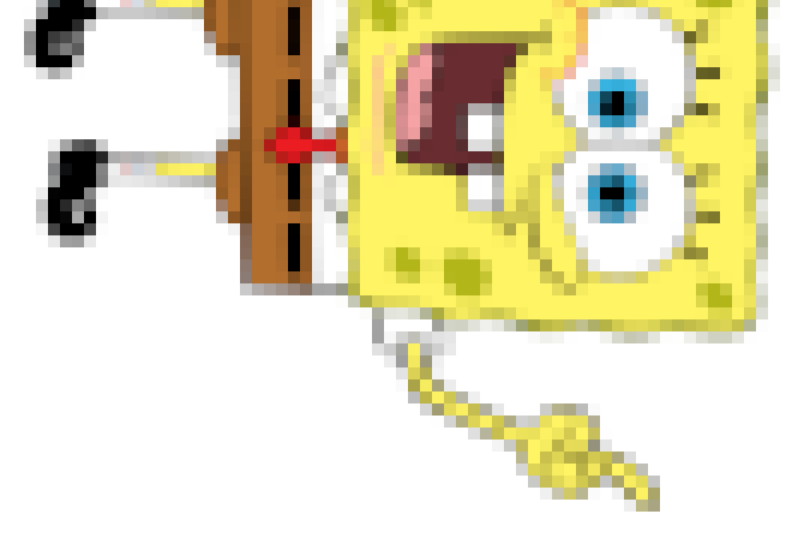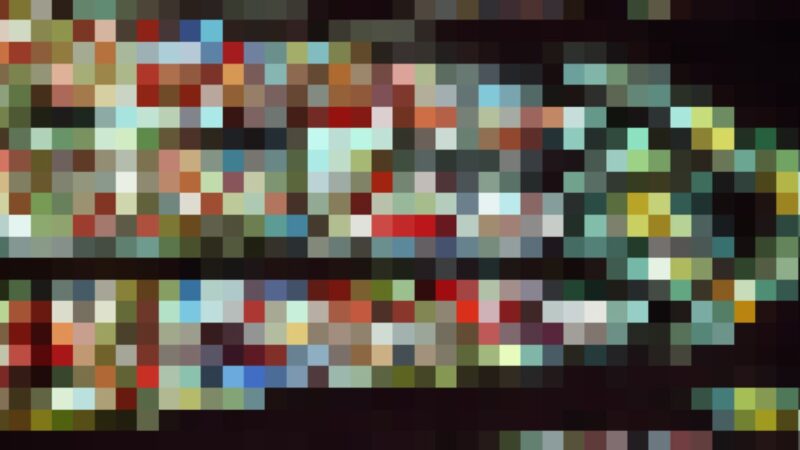May 15, 2021
It comes as no surprise that a planet fully connected and brimming with cultural commodities compels us to rely increasingly on curators to do the task of combing content markets. Curation creates a division of labor in the process of exploration and discovery of cultural products. It thereby gives the individual access to a wider berth of markets than any one person could familiarize themselves and engage with as “an informed consumer.”
This seems like a good working definition. So then you know how much it turns my stomach.
Curators help us to locate ourselves in the cultural spaces. They help to cement our identities. Vegan, eco-friendly cleaning products; chopped and screwed hip hop electronica; wines from obscure regions of South America—anything or market can be curated so that the consumer feels qualified to identify with a particular sphere of interest. In a world with more choices than one can ever wade through and enough options to enter FOMO in the DSM, it is a necessary evil in the bull market of content creation.
The assumption that curation is necessary in the age of globalized content is not based primarily on consumer desire. It is predicated on consumer fear. More precisely, it harnesses consumer fear of missing out on the potential to satisfy desires.
But desire satisfaction is a slippery thing. It’s well and good to know one’s own desires, but it’s worth remembering from time to time that we usually have no idea how to satisfy ourselves and most of the time when we get what we want, we look back with no idea of how it happened.
At face value, engaging curators is a worthwhile endeavor. It is healthy to engage others who have refined their tastes traversing wide territories (particularly those you’d never visit yourself). Where the advantage is, therein lies the danger: curation outsources the process of discovery, thereby robbing from the individual the maturation of taste and talents of connoisseurship.
Specifically, curation outsources the work of taste and connoisseurship. It outsources the time and energy required to achieve a personal knowledge of a given field of interest which enables an individual to distinguish the value of one thing against another. And in doing so, the consumer is robbed of the power of the critic, which comes with the difficult process of learning the topography of an area of goods or culture. By outsourcing this work to a curator—be it Target, Pitchfork, Rotten Tomatoes, or your newest Loot Crate—the consumer is robbed of the confidence that accompanies the difficulty, the trial and error of independent groping through a field of offerings. The consumer never feels that they know enough to make an independent decision, and ironically, reinforces the reality that the curator will always know more than they know.
Lost in curation is the affective and intellectual muscle memory of the connoisseur. The sommelier cruises through the wine cellar with relative ease while the horticulturalist glances around a nursery crop once to know there is nothing of particular value. Connoisseurship is a continuous skill with an unspecifiable essence which lies at the heart of our human propensity for discovery and experience. You must know bad wines to know good wines. You must know how to kill a plant to know how to keep one alive. From a multiplicity of experiences in between these extremes the connoisseur’s muscle memory is exercised to identify and accommodate nearly indistinguishable differences in unidentified variables. Like a finely tuned muscle, the unidentifiability of every peculiar sinew of growth is not a weakness. Instead, it is a tacit strength gained through exercise continuously waiting to be further honed and gradated.
Lost in curation is the serendipity of unmediated discovery. Moments of realization exist for us peculiar human beings—embodied consciousnesses—when we find ourselves at precipitous junctures where couplings occur between memories, past senses, and future selves. It is this moment in our exploratory existence which inspirits taste and broadens horizons. An object, piece or experience (even culinary) ceases being a consumable. Instead, it becomes another precipice in a billowing range of topographies which connect formerly disintegrated clusters of life’s charming happenstance and affectations.
The market loves curation because it is a crutch which circumscribes and perpetuates the consumption cycle. And leaned on too heavily, we stunt ourselves.
Both taste and connoisseurship require work. They take a great deal of input over an extended period of time with very little initial return. Both are investment-heavy undertakings— fruits of the work do not manifest until long after the suffering of honing the art becomes the usual bother.
Furthermore, although they are closely related, there is a crucial distinction between taste and connoisseurship. It is one step to be able to tell this wine from that wine, this plant from that, or even identify the genric genetics of a given musical piece. This is what I would call the skill of connoisseurship. It is quite another leap to negotiate the value of a given object or piece based on the space it occupies in a network of creators, audiences, friends, observers, etc. Of course you, the individual, are included in this list. This becomes the task of taste.
Not all connoisseurs have good taste. But all people with good taste are connoisseurs to one degree or another. Both skills open infinitely in concert with the unbounded field of potential subjects for focus and inquiry.
Good taste is a peculiar thing. I observe others try to simulate taste with “pickiness.” But just because you’re picky doesn’t mean you have good taste. Good taste and connoisseurship are not matters of high cost, high ratings, or peticularity as though the value of products can be determined by fixed scales and sharply demarcated boundaries of desire. The art of the tasteful connoisseur is in the mastery of relations—the relation between items in a meal, between a specific wine and an entree, between objects’ creators and their benefactors.
Good taste doesn’t make you enjoy fewer things. On the contrary, it permits one to enjoy more because of his or her familiarity with the multiplicity of objects and circumstances in which the best of anyone or anything can bloom in the garden of experience.
Taste is the beginning of the self. It blossoms in between the two trapezes, once you’ve let go of the first and have only yourself to catch you. Suddenly what happens is more consequential than the simple discovery of some-thing that tickles your fancy. You leap amidst the consumer whirling dervishes, corporate high-wire acts and big-top circus of media, identity, and culture. Then you become that which puts the acrobat hurtling between past, present, and future selves—and their masks and cultures of many colors—all into relation. Laying down the crutch of curation—and its consumptive profit-forged chains—you become what puts the discrete phenomena of our peculiar existence into relation. Hopefully, you locate yourself in the space of your own life.
If you fall, don’t worry. There’s plenty of us in the safety net down below.




